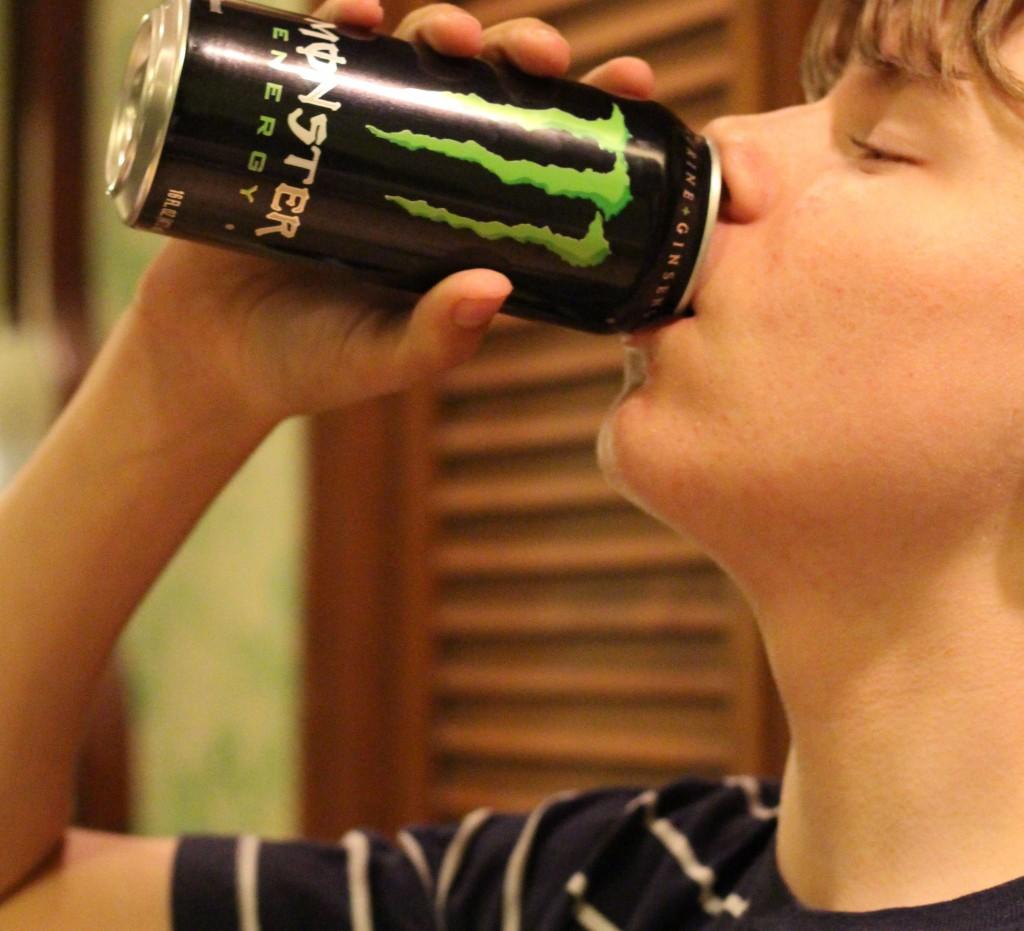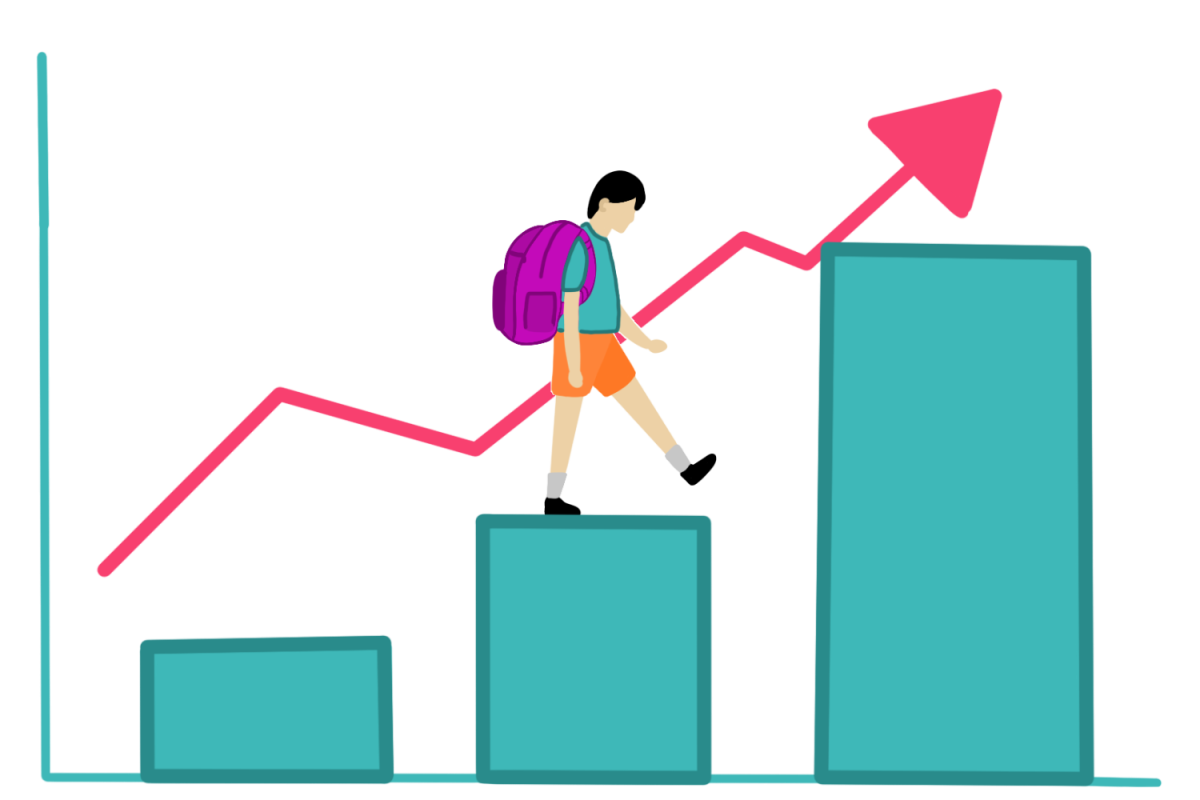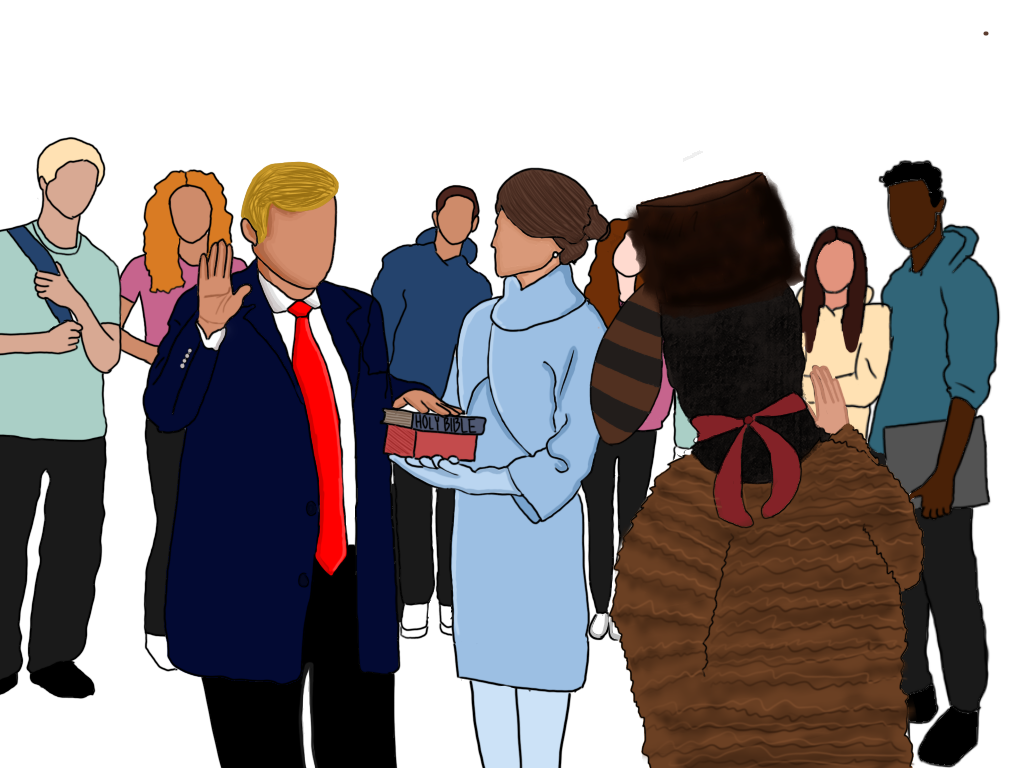While energy drinks have been used to help students and teachers get through long school days, concerns have risen about the safety of these drinks. An article written by Barry Meier in TheNew York Times mentions recent deaths linked to Monster energy drinks, and the Food and Drug Administration (FDA) is currently inves- tigating whether energy drinks are dangerous for teenagers or people with health problems. Meier writes that while energy drinks have not been proven to be dangerous, they are under review about whether the levels of caf- feine in the drink are too high.
Cailin Fanning, sophomore, drinks a Red- bull whenever she needs to get out of bed early or stay up late, which she said happens about once a week. Fanning said she does not notice any significant physical changes after she drinks them, other than feeling slightly more energized.
At KHS, 73 percent (136/187) students have had an energy drink. Out of those, 42 percent (47/112) have experienced negative effects from drinking energy drinks. Comparatively, 51 percent of participants in a study by Nutrition Journal, or nutri- tionj.com, reported consuming greater than one energy drink each month on av- erage per semester.
Mike Wade, junior principal, drinks sugar- free Redbull as well as sugar-free Rockstar. He drinks the Rockstar every day around 4 a.m., when he wakes up.
“I drink one every morning before I work out to give me a little bit of a jump,” Wade said. “It helps me focus on the workout.”
Wade said he drinks another energy drink if he starts to get tired throughout the day. He will also drink coffee if necessary.
Unlike Fanning, Wade said he has experienced negative effects from energy drinks. When he coached KHS football, Wade said he drank a large amount of coffee and energy drinks, and when he tried to stop he had in- credible headaches. Since then, he has cut down on how much he drinks and switched to sugar-free so he does not experience the same effects. Wade does not recommend energy drinks to students. He said it is habit forming, and that if he could, he would get energy the natu- ral way, from sleep and eating the right foods.
“I think it’s a bad habit, and I wish I could stop,” Wade said.
Dr. Jim Politis, attending physician at Des Peres Hospital, said the possible nega- tive effects from energy drinks include irri- tability, restlessness, heart palpitations and disruptions of the sleep routine. In teens, energy drinks can also cause mood swings. Politis said from a health standpoint, there is not an energy drink he would recommend to consumers.
The negative effects from energy drinks are from overuse of the product, according to Politis. In moderation, energy drinks can give a boost without causing significant problems. However, Politis said, if students are in search of healthy energy, the best option is green tea with modest amounts of caffeine.
For more information about the dangers of energy drinks, click these links:
http://abcnews.go.com/Health/hour-energy-drinks-cited-13-deaths/story?id=17725137
http://www.nytimes.com/2012/11/15/business/5-hour-energy-is-cited-in-13-death-reports.html?_r=0










